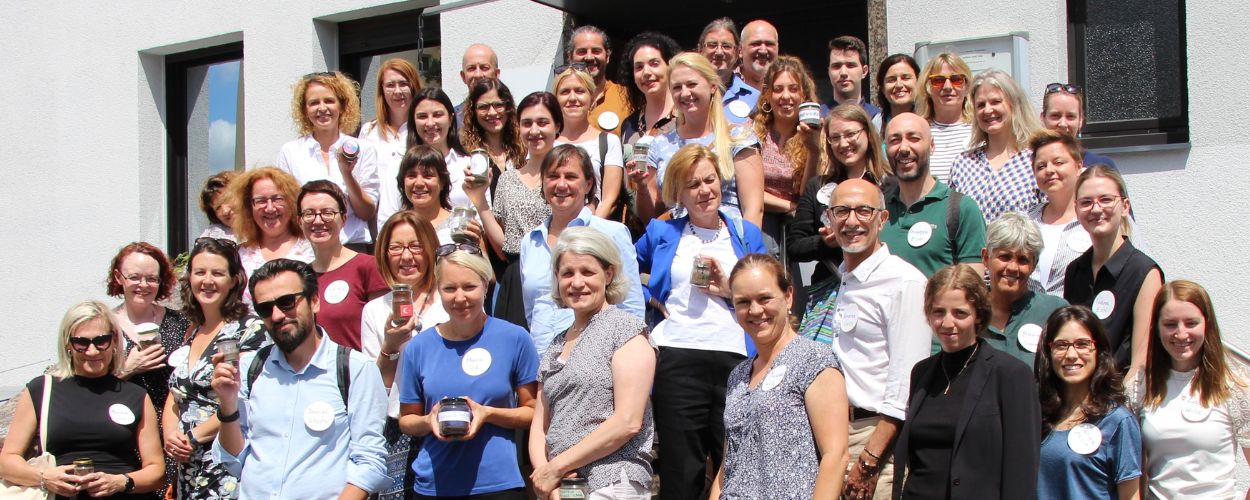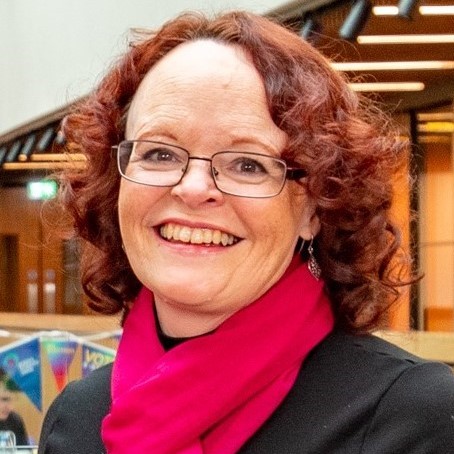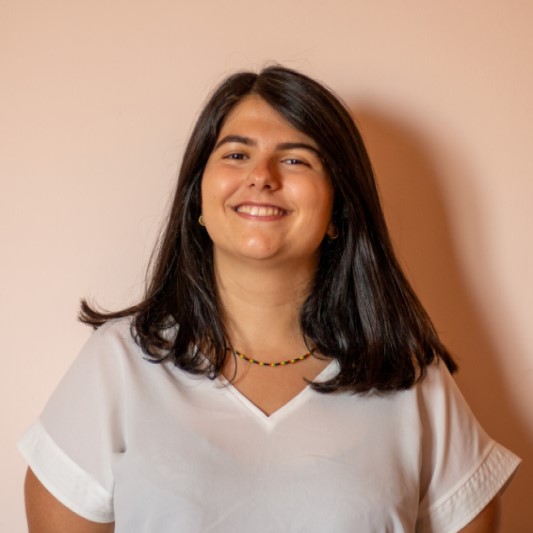The Science Shop brings Queen’s University students and staff together with community organisations to tackle real-world challenges through collaborative, small-scale research projects. These partnerships are woven into undergraduate and master’s degree programmes, making community engagement a core part of the learning experience.
By taking on research briefs set by local community organisations, students apply their academic skills to practical issues, gain valuable hands-on experience, boost their employability, and help drive positive social change. Each project is fully integrated into the curriculum and supported by academic supervision.
This work is made possible through core funding from Northern Ireland’s Higher Education Innovation Fund.
Teaching Challenge
Bridging the Gap Between Academia and Society
The challenge is to create authentic, research-led learning experiences that connect students with real-world applications while fostering civic responsibility. Given the fast pace of academic life, lecturers do not always have the time or networks to identify real research questions. The Science Shop has built long-term relationships with local community organisations, providing a stable bridge to enable connection with constantly changing curricula, staff and students.
Our Approach
A Model for Collaborative Engagement
We work directly with community organisations to identify research topics where they would like student assistance. Supported by our academic colleagues, we develop those questions into topics suitable for embedding in the curriculum in a wide range of academic areas from Business to Engineering to Health to Social Sciences. This approach integrates;
- Learning about real world research and the workplace
- Authentic and active learning
- A focus on outcomes for external partners
The Science Shop has enabled a diverse range of projects that address pressing community needs. Examples include:
- Environmental Sustainability – helping a youth organisation to reduce plastic waste; assessing wildfire sites for biodiversity
- Public Health and Wellbeing: Evaluating the impact of physical activity programmes for older people; examining factors affecting sunscreen choices
- Social Issues: Exploring disadvantaged young peoples’ views on education in Belfast; evaluating good practice in supporting siblings of children with serious illness
- Business Development: Assessing market demand for a day-care centre for people with disabilities; investigating business support needs amongst people from different communities in South Belfast
Key Achievements
- Active engagement across 13/15 QUB Schools and multiple disciplines including business, engineering, health and social sciences
- Enhanced student employability through practical research experience, working with 200+ students annually
- 50-60 small-scale research projects completed for community organisations annually, creating impact in local communities
- Recognised internationally as a model for community-engaged research and learning;
- Recipient of the prestigious Advance HE Collaborative Award for Teaching Excellence (CATE)
Impact
Driving Positive Change in Communities and Universities
- University-community relationships built and strengthened
- Students learn from the knowledge held in communities and are given hands-on experience in applying research to societal issues
- Community organisations are connected to the university and benefit from both staff knowledge and student enthusiasm and energy
- Supported and inspired similar initiatives in universities across Europe and contributed to policy changes and research development through evidence-based recommendations
Recognising Leadership in Teaching Excellence for academic-related staff
Dr. Emma McKenna, a driving force behind The Science Shop, is a Principal Fellow of the Higher Education Academy (PFHEA) and was awarded a National Teaching Fellowship in 2024. This esteemed recognition has helped to create a launchpad for other staff in hybrid pracademic and ‘third space’ roles to recognise their own outstanding leadership. Her work has contributed significantly to shaping best practices in community engagement and higher education teaching both in QUB and internationally.
Key Takeaways
The Power of Community Engaged Research and Learning (CERL)
At its best, CERL is a win-win-win scenario.
- Students learn from communities and build new skills
- Communities benefit from the discipline specific skills, time and energy that students can bring to a piece of research
- Universities can leverage already existing resources (student research time, staff supervision time) to enhance their reputations and this collaboration builds innovation
We in The Science Shop are fortunate to work with so many knowledgeable, energetic and creative people in local communities and to benefit from the discipline-specific knowledge and exceptional support of our academic colleagues. We are so grateful for all their commitment to enhancing student learning. We could not create the impacts we have done without them.
- Dr Emma McKenna


